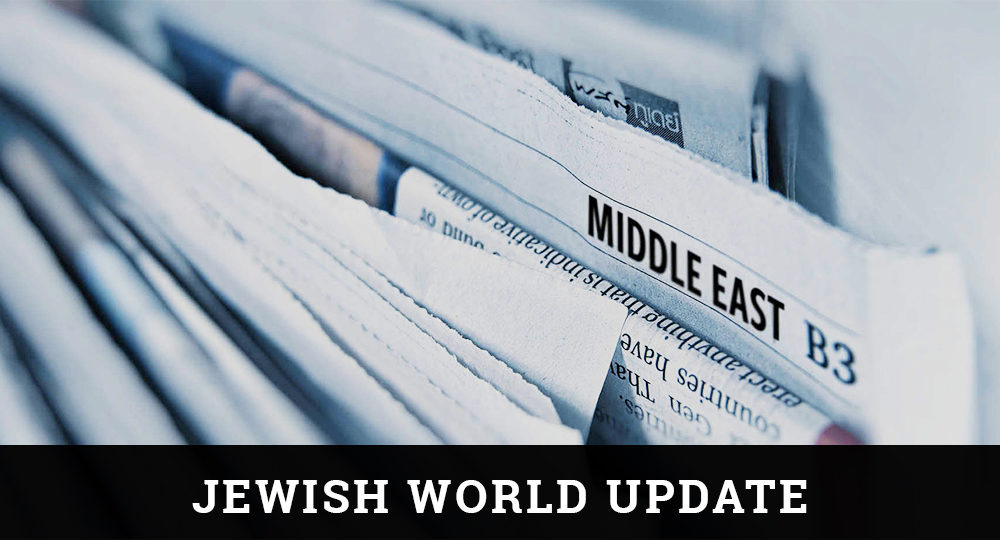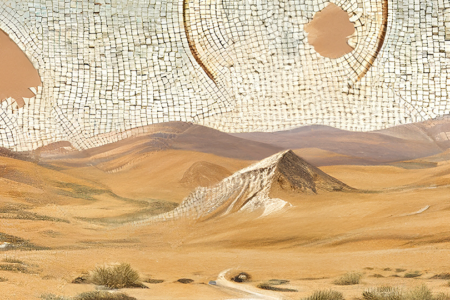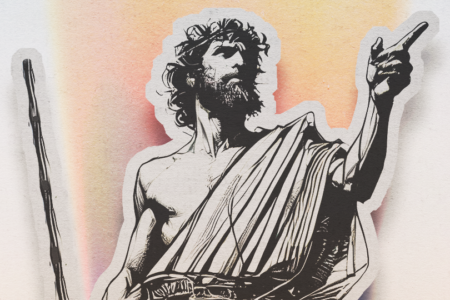Jewish World Update Nov/Dec 2024
The Failure of ‘Economic Peace’ in the Middle East
By Doron Matza
(JNS)—At the 2021 UN General Assembly, Israel’s then Prime Minister Naftali Bennett laid out a grand vision for Israel and the Middle East: a modernist, advanced, technological future focused upon economic utility rather than identity politics.
The roots of such “economic peace” date to the early days of the Zionist movement, specifically to Theodor Herzl’s 1902 utopian novel, Altneuland (Old New Land). As Herzl envisioned it, Zionism would bring to the East progress, modernization, and development and fulfill a significant moral duty toward people degraded by neglect and poverty. He also hoped to appeal to the peoples of the region to accept the presence of the Jewish national movement. Herzl’s The Jewish State was supposed to be based on a western European, inclusive model, one that the Arabs of the land could enjoy, owing to their own self-interest and the recognition of the Zionist movement’s benefits.
By the 1990s, then Israeli Prime Minister Shimon Peres articulated a new version of this concept—a technologically advanced and economically integrated “New Middle East.” Transforming into an affluent, hi-tech, innovative “Start-Up Nation,” Israel translated Herzl’s ideas of economic benefit into a strategy.
Early in the 2010s, Israel linked economy, diplomacy, and politics and proposed the following to its Arab neighbors: growth, stability, and modernization in return for the suppression of Islamist ambitions and the traditional identity politics of the Middle East. Israel reshaped its relationships with the region in three circles: the nearest, with Israel’s Arab citizens; then with the Palestinians in the West Bank and Gaza; and further afield with the neighbors—Egypt and Jordan—and with the Gulf states and Morocco.
This grand strategy, economic and utilitarian, broke the region into two camps: the beneficiaries, including those who engineered the new system or shared in it either willingly (such as the Gulf states) or unwillingly (such as the Palestinian Authority [PA]); and the resistance, whose inspiration was the “old” Middle East as defined by nationalist and Islamist identity politics.
Soon, cracks began to appear. The camp of resistance formulated an alternative vision of the power of identity politics and of the Jewish-Palestinian and Israeli-Arab conflicts. It accentuated the fissures between those who benefited from economic cooperation with Israel (such as the PA elites) and those who felt left behind (including peripheral elements of Israeli-Arab society in the mixed Arab-Jewish cities in Israel, who generated riots in May 2021).
Israel began to see the economic peace model not only as a tool of conflict management, but as a means of ending the entire conflict. This delusion blurred Israel’s grasp of realities on the ground and reduced its investment in the implements of hard power—the military, the police, the security services—which should have been at the ready if the strategy failed.
The rejection by peripheral groups—geographically, sociologically, or politically marginalized—sought to break the rules that the utilitarian center tried to impose. This breakdown was joined, gradually, by the Iranians; pro-Iranian militias in Syria and Iraq; and Hezbollah, which challenged Israel in the north.
Thus, a new campaign gained momentum, with repeated “pinpricks”—terror, short rounds of warfare, occasional use of missiles—aimed at undermining the Israeli strategic order. This new effort reached a crescendo in Hamas’s October 7, 2023, assault on southern Israel that left 1,200 dead.
The Hamas invasion occurred when efforts to bring about Saudi-Israeli normalization, an outgrowth of the 2020 Abraham Accords diplomatic agreement, seemed primed to mature. The massacre was designed to spark a regression back to the ideological identity politics of the Middle East and the familiar fault lines—Zionists vs. Arabs, Jews vs. Muslims—and bring the Palestinian question, which had seemed to fade from the regional agenda, back to center stage.
For news about Israel updated daily, visit foi.org/news.







